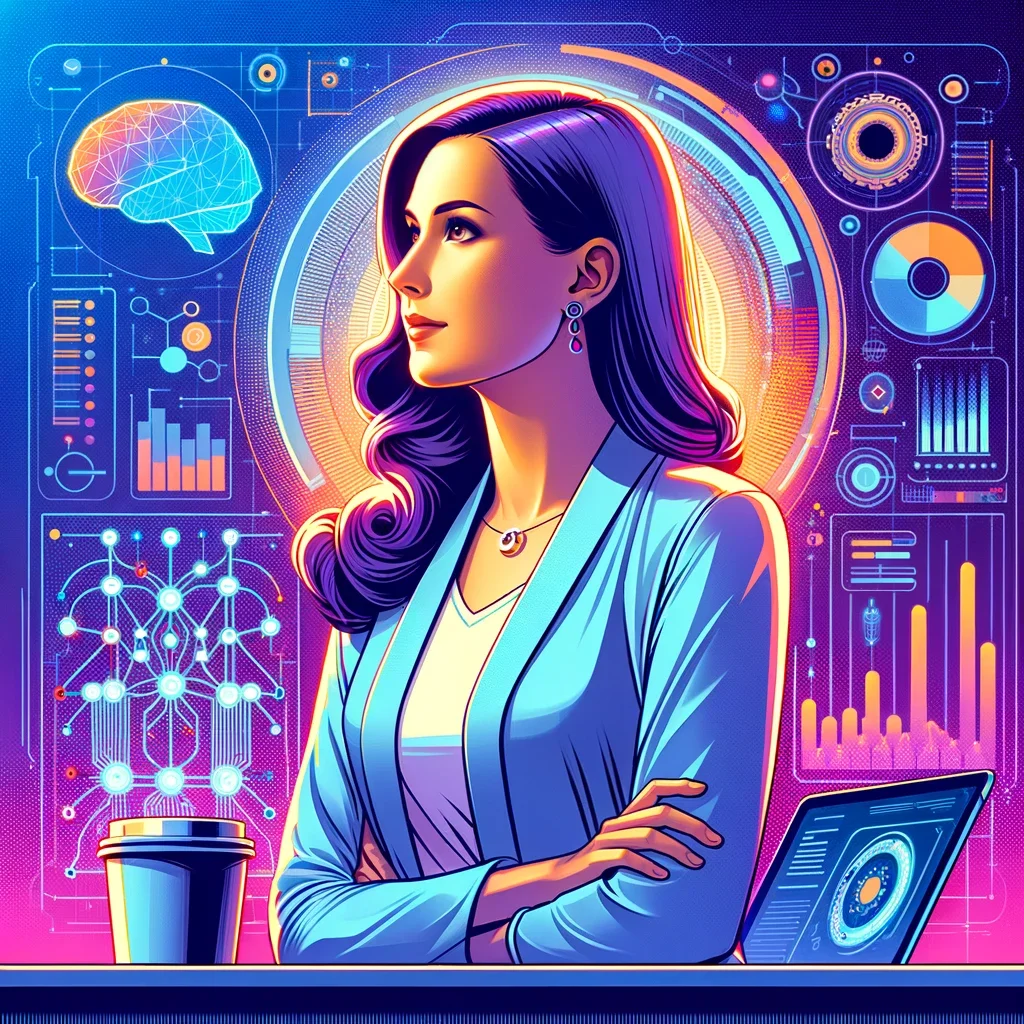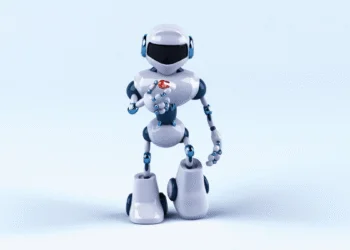Kyutai, an AI research and development company based in France, has released Moshi AI, ChatGPT’s newest rival. Moshi AI is an artificial intelligence (AI)–powered chatbot designed to provide real-time voice interactions. It can speak in different accents and has 70 distinct emotional and speaking styles. The AI can even handle two audio streams at the same time, allowing Moshi to listen while also speaking.
Moshi AI uses the 7B parameter large language model (LLM) Helium as its foundation. It offers features similar to OpenAI’s delayed ‘Advanced Voice Mode’ in GPT-4o, which was upsetting for some fans of the AI tool.
However, Moshi offers some distinct features and enhancements than GPT-4o. This article will look into the AI chatbot’s features, capabilities, limitations, and more.
Claude 3.5 Sonnet vs GPT-4o vs Gemini 1.5: Which is the Most Powerful AI Model?
Key Features of Moshi AI
Here are some of the key features of Moshi AI. Take a look:
- Tone and Emotion Recognition
Moshi can understand and analyze your tone, which enables it to have more genuine and expressive conversations. It has the ability to speak in different accents plus 70 emotional and speaking styles.
- Offline Functionality
While almost all AI chatbots need an internet connection all the time, Moshi can be set up and used offline. This quality is very useful for smart home uses and locations that have low internet availability.
- Real-Time Interaction
Moshi can handle two audio streams simultaneously, allowing it to listen and talk at the same time. It has a reaction time of 200 milliseconds which is quicker than GPT-4o’s Advanced Voice Mode which usually sits between 232 to 320 milliseconds.
- Open Source
Kyutai is planning to convert Moshi into an open-source project. Hence, the model’s code and structure will be made accessible to all.
- Development and Training
Moshi was developed in just six months by a team of eight researchers. It was trained on 100,000 synthetic dialogues using Text-to-Speech technology. The team also worked with an expert voice artist to improve the quality of Moshi’s voice so that it sounds more natural and smooth.
- User Experience
The Moshi AI interface is simple and easy to use. It has a text box for responses from AI, with a display of technical information like audio length and delay time. When you talk, it shows how loud your voice is. At present, the most call duration is five minutes and it might get prolonged in upcoming updates.
- Compatibility
This AI chatbot offers flexibility in hardware deployment. It can run on Nvidia GPUs, Apple’s Metal, or a CPU.
Meta AI vs ChatGPT: Which One is Better and Best?
How to use Moshi AI?
Currently, Moshi AI is accessible in a demo format, allowing conversations that last up to five minutes. The AI model can be installed locally and run offline, thus it is suited for smart home appliances and other local applications. You can join the waiting queue here.
How is it Different from GPT-4o?
While Moshi and GPT-4o share similar core functionalities, the former is a smaller project that can run locally. Here are the differences between the two:
- Speed
Moshi boasts a faster response time than GPT-4o’s Advanced Voice Mode.
- Offline Capabilities
Moshi can operate without an internet connection, unlike GPT-4o, which typically requires cloud connectivity.
- Open Source
Kyutai’s dedication to open-sourcing Moshi is in direct opposition to the often closed style of numerous big AI firms, such as OpenAI.
- Development Scale
Moshi, a smaller model, was created by a relatively small team in a short time. On the other hand, GPT-4o is a bigger project that requires more resources.
What is Safe Superintelligence? Check Its Implications and Risks
Limitations
Despite its innovation, Moshi AI has certain limitations. Currently, it can only hold a conversation of five minutes and not longer. If there are too many people using the server at once, the AI’s responses can also get delayed.
Even though it has advanced capabilities, this AI is in its prototype stage and might lack refinement or dependability. Also, Moshi AI might not always recognize verbal prompts. In the same way, its knowledge base is limited. This can cause repeated or confusing replies when talking for a long time.
The Bottom Line
The release of Moshi AI is a big step towards real-time voice AI technology. Its ability to understand and express emotions, operate offline, and provide fast responses sets it apart from existing AI tools like GPT-4o.
Kyutai wants to include the community in Moshi’s development so that its knowledge and capabilities keep growing together with the community. They are also developing systems for AI audio identification, watermarking, and signature tracking to ensure accountability and traceability of AI-generated audio.
How to use Meta AI in WhatsApp, Instagram, Facebook, and Messenger to Get Rapid Answers


















